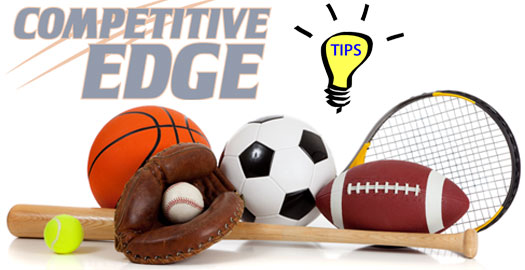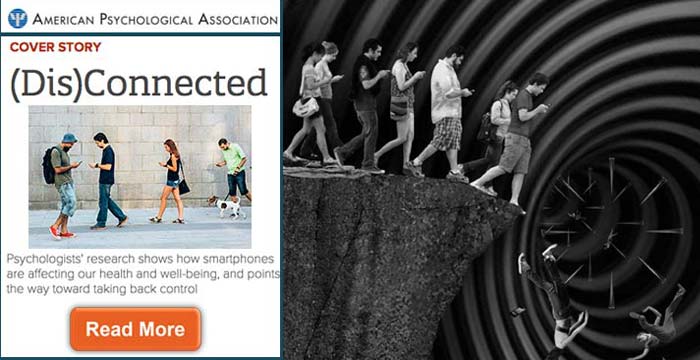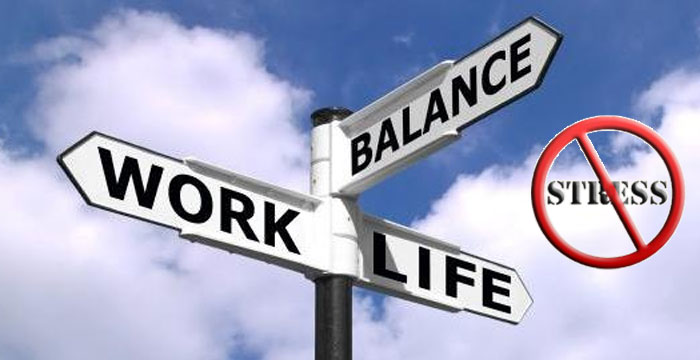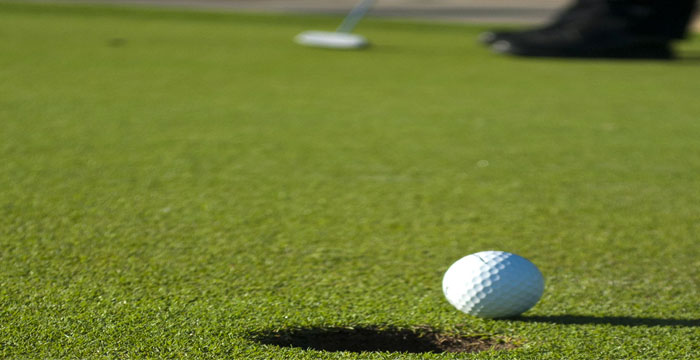One thing I can say being a native of Bergen County, New Jersey is that sports have come a long way since I have been a student athlete. If you open the newspaper, you will immediately see North Jersey sports teams leading the nation in talent. In a brief span of time, we have moved from recreational teams to competitive travel teams across the nation. This presents a challenge for parents in understanding the state of play in New Jersey. Many parents have asked me, “How can I give my child a competitive edge in their chosen sport?”. While this is a broad question that depends on the individual characteristics of your son or daughter, here are a few tips to help your athlete to perform better.
A student athlete does not become an elite player overnight. It takes work and dedication long before the beginning of the season. Sport specific training, coaching and practices have already assisted many athletes in moving to the next level of their game. From a sport psychology perspective, I might begin by asking, “What mental skills are needed to boost your athlete’s performance?”.
- Take an inventory of your student athlete’s game. What are your son or daughter’s strengths or weaknesses? Are there any gaps in his/her performance? If there are, begin by working on these areas. It can usually be accomplished by observing them participate in their sport.
- Make a specific goal for the season. Work on increasing your percentages in a given skill. In a sport like soccer, take the number of assists, or passes you have and increase them over a realistic time frame. Monitor these statistics over the season to note improvement. Work on executing the skill in practice. If you do not see improvement in a game, there may other mental factors such as anxiety management or choking that enters into play.
3) Take the initiative with your coaches. Let your coach know how serious your are about improving your game. In my experience, a coach loves when a motivated athlete takes the initiative and asks what they need to do to get into the starting line up. Pick the right time to communicate with them. A face to face exchange may be a bit scary for a texting generation athlete; however, if you look your coach in the eye and speak sincerely, she/he will know that you mean business.
4) Teach your student athlete to be resilient. If your student athlete loses as a team or individual, there is a lesson to be learned. I always say to athletes, “each time you take the field there is a 50 percent chance you will win or lose”. This is not to sound defeatist; however, it helps them begin to understand that there is risk, exhilaration, and sadness with participation in sports. Despite the outcome, there is always a valuable lesson to be learned. Keep in mind that younger athletes may have a greater difficulty understanding this concept as their self-worth is based upon wining or losing.
5) Teach your athlete to think better. Decades of research has validated that changing our thinking patterns to become more positive and realistic improves behavior and performance. For example, when an soccer goalie says, “ I never block penalty kicks”, encourage them to see a time when they were successful. Teaching the alternative thought, “I can block a penalty kick” is positive self-talk.This nullifies the term NEVER. Also, it teaches them how to think more flexibly and adapt to competitive situations.
6) Increase the use of imagery. Numerous studies have validated the effectiveness of imagining, with all senses, a specific set of motions needed in a competitive situation. Having athletes incorporate mental imagery into their practice routine can be a final component needed to increase performace. For example, rehearsing a successful free throw shot can increase attention, relaxation and personal control in competition. While this is not a replacement for effective physical practice, it can be a powerful additive feature. This can be done individually or as a team rehearsing a coordinated play.
It is not one thing that will bring your game to the next level, rather it is a set of smaller executions of psychological or physical skills that can help the student athlete to perform better. Nothing replaces hard work or the time spent on a given task to become excellent. Additionally, psychological skills training for sport is something that can be learned and accessed by all.
John E. Macri, Ph.D., CC-AASP is a psychologist who specializes in Sport Psychology. He maintains a private practice, New Jersey Clinical and Sport Psychology in Ridgewood, NJ. He is available for individual and team consultation.




